-
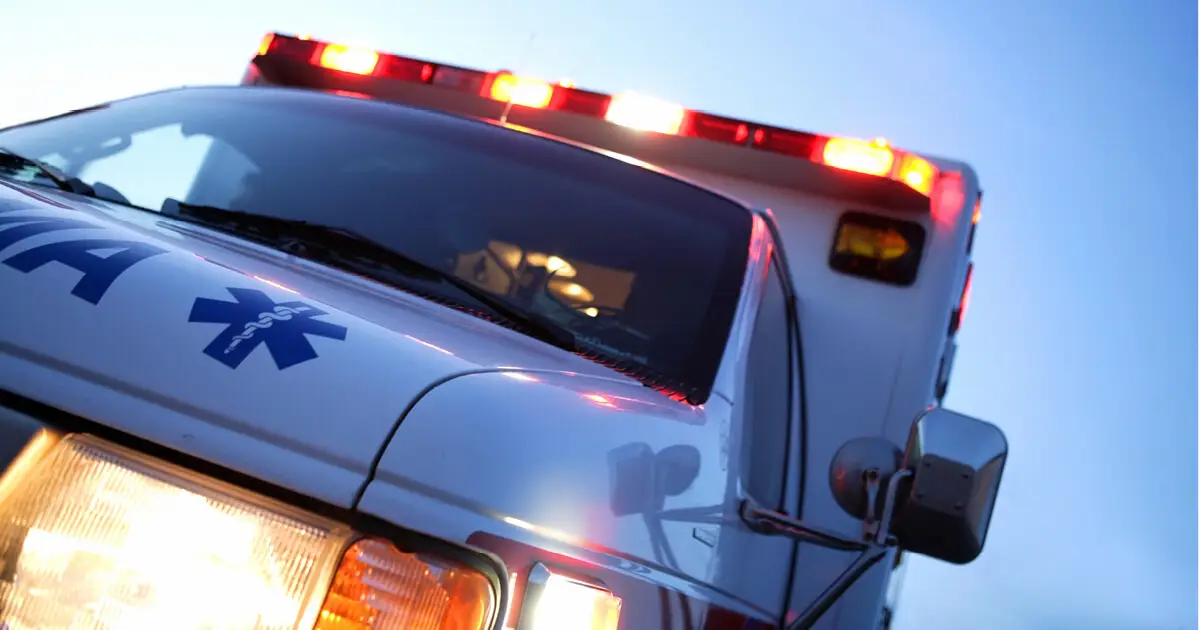
Author’s Opinion: Emergency Vehicle Operator Safety Training Needs Standardization
Nobody should ever be in a position where they’re driving a vehicle and they haven’t had training. Learn how EMTs and authors Rob Raheb and Bob Elling are anticipating the future of emergency vehicle operator training. -
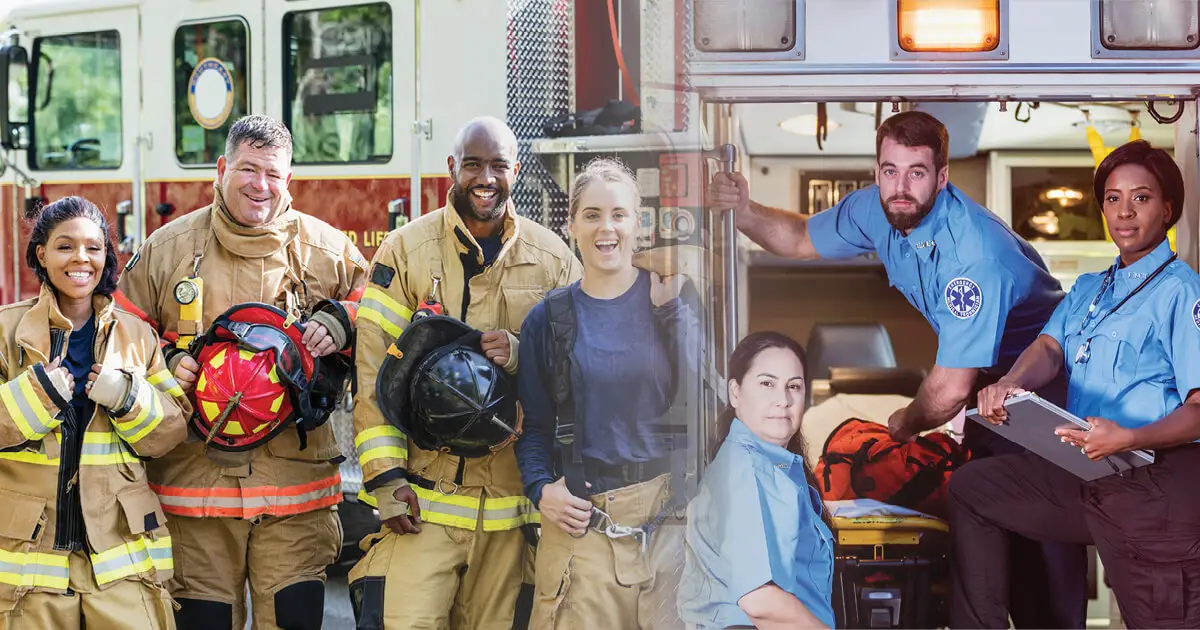
The Importance of Peer Support When Training First Responders
Each year we acknowledge the critical and often dangerous work of first responders. This is why it's so important that first responders work with their peers when training. -
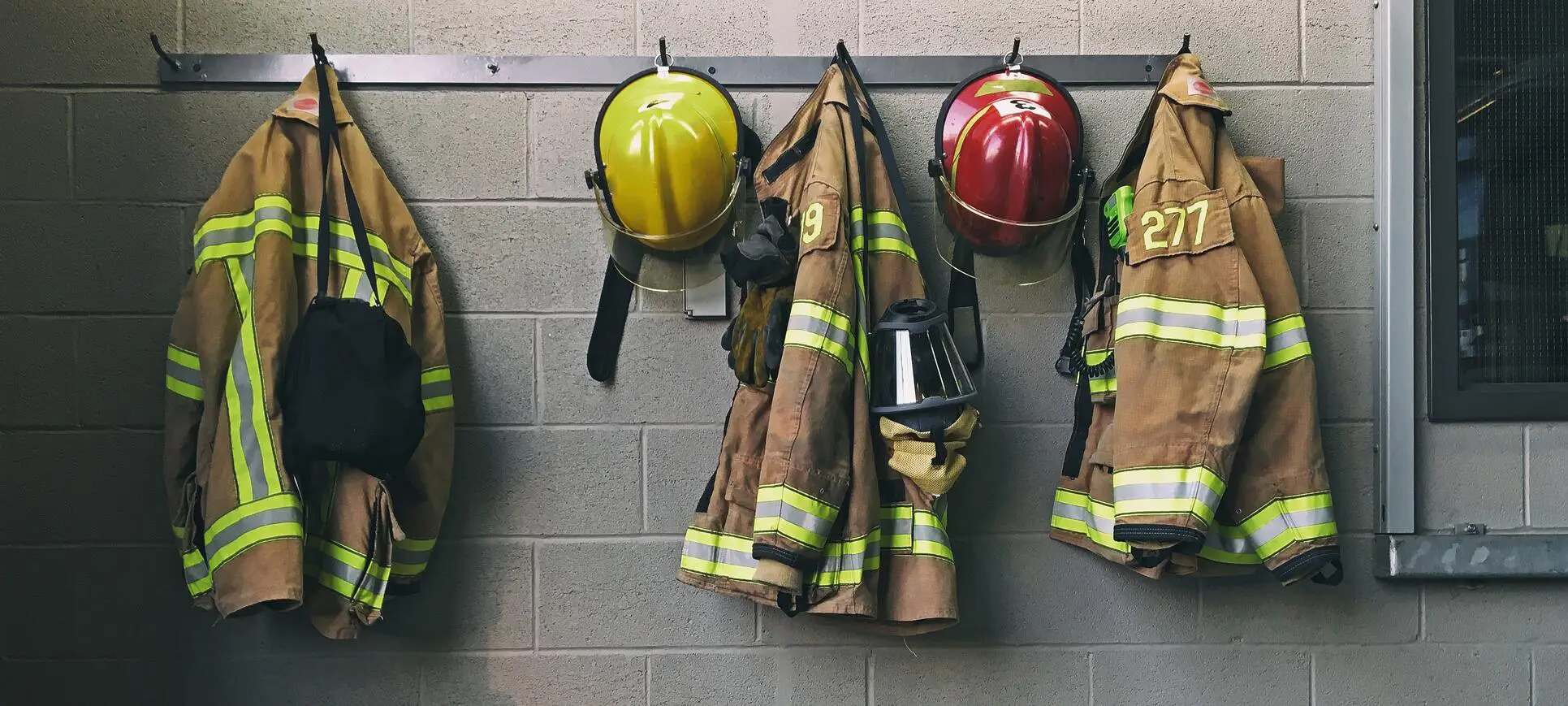
This Is Why You Should Make ‘Community Risk Reduction’ A Key Part of Your Fire Service Curriculum
Prevention should be a key part of any fire curriculum. Read on to learn how the concepts in CRR make teaching prevention easy. -

How the Flipped Classroom Approach is a Solution to Firefighter Staffing Challenges
The flipped classroom approach offers a great way to help students excel in firefighter training faster than the traditional model. Here's how it works. -
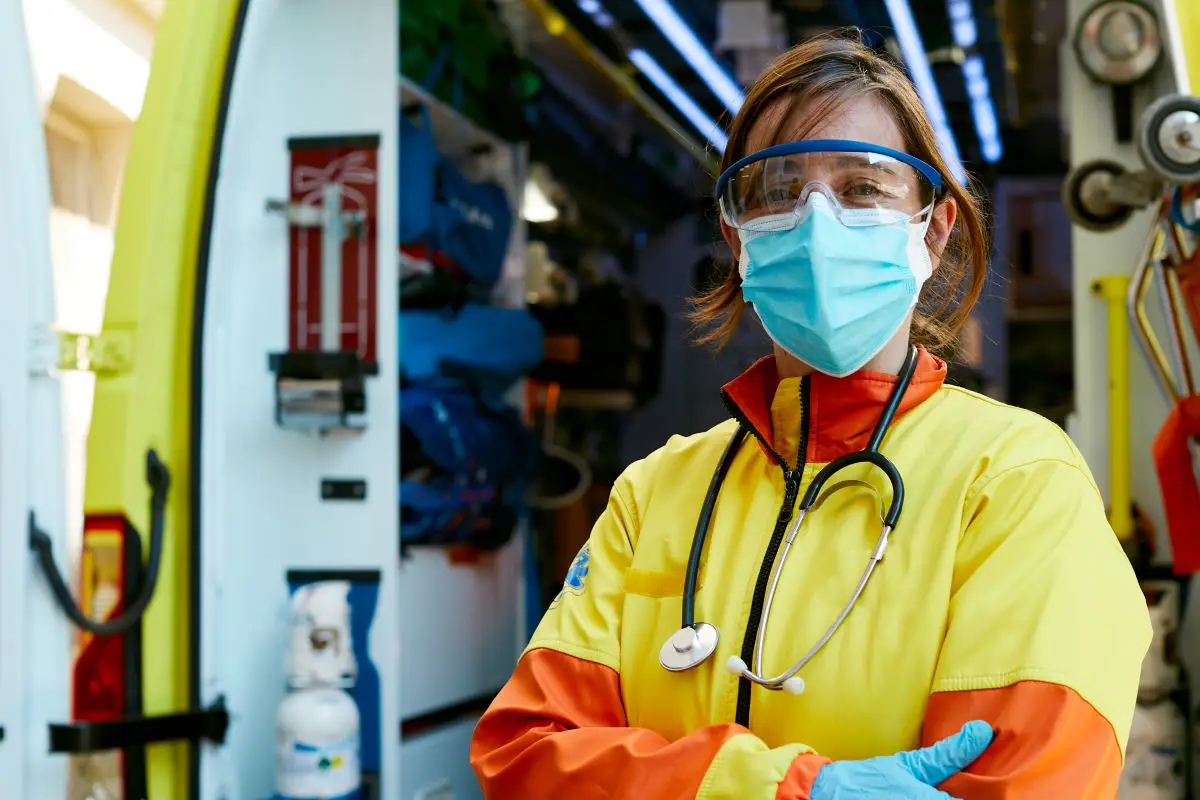
New Study on the Early Days of COVID-19 Reveal Proper Training a Must to Keep EMTs and Paramedics Safe
A new JEMS study examines the prevalence of COVID positive infections among healthcare and EMS responders in the early days of the COVID-19 pandemic. -

Here Are the New Features in Nancy Caroline’s Emergency Care in the Streets, Ninth Edition
The premier paramedic education program’s latest edition contains updated imagery, inclusive text, and more. -
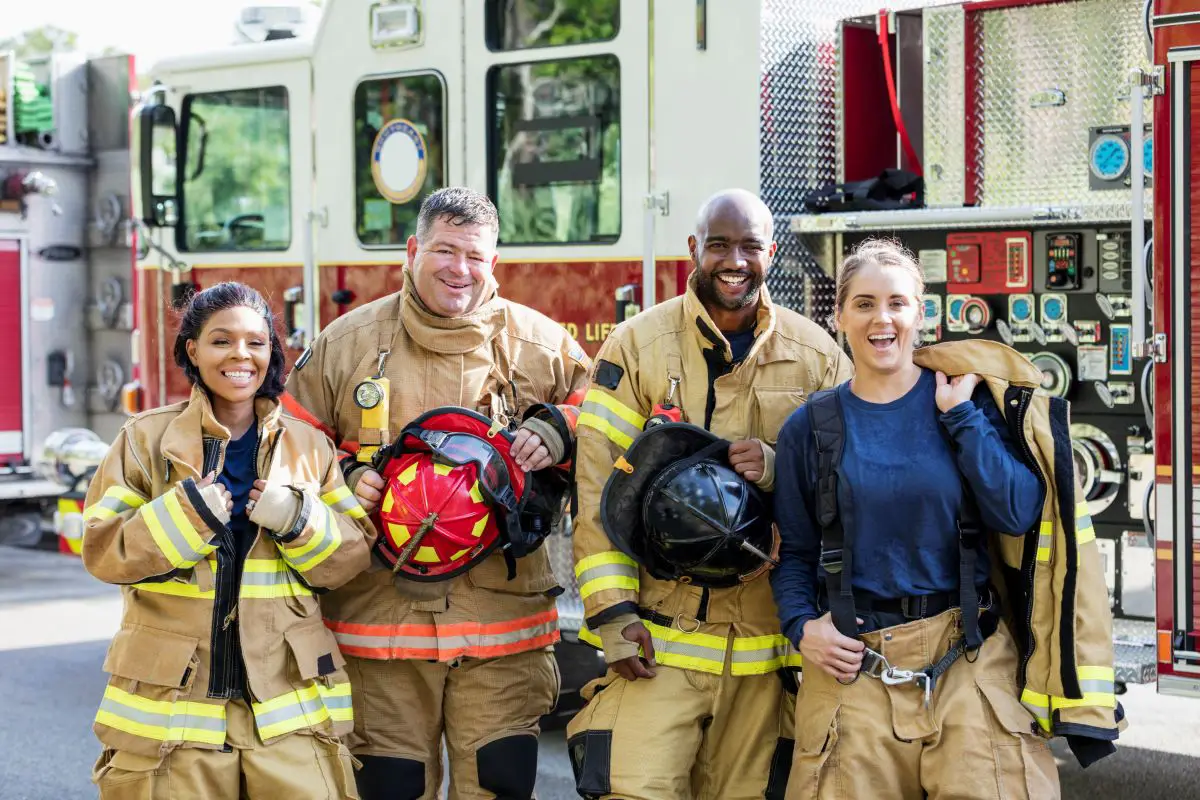
5 Key Trends in Fire Service for Instructors
From staffing challenges to focusing on mental health, these are five key ways fire instruction is changing. -
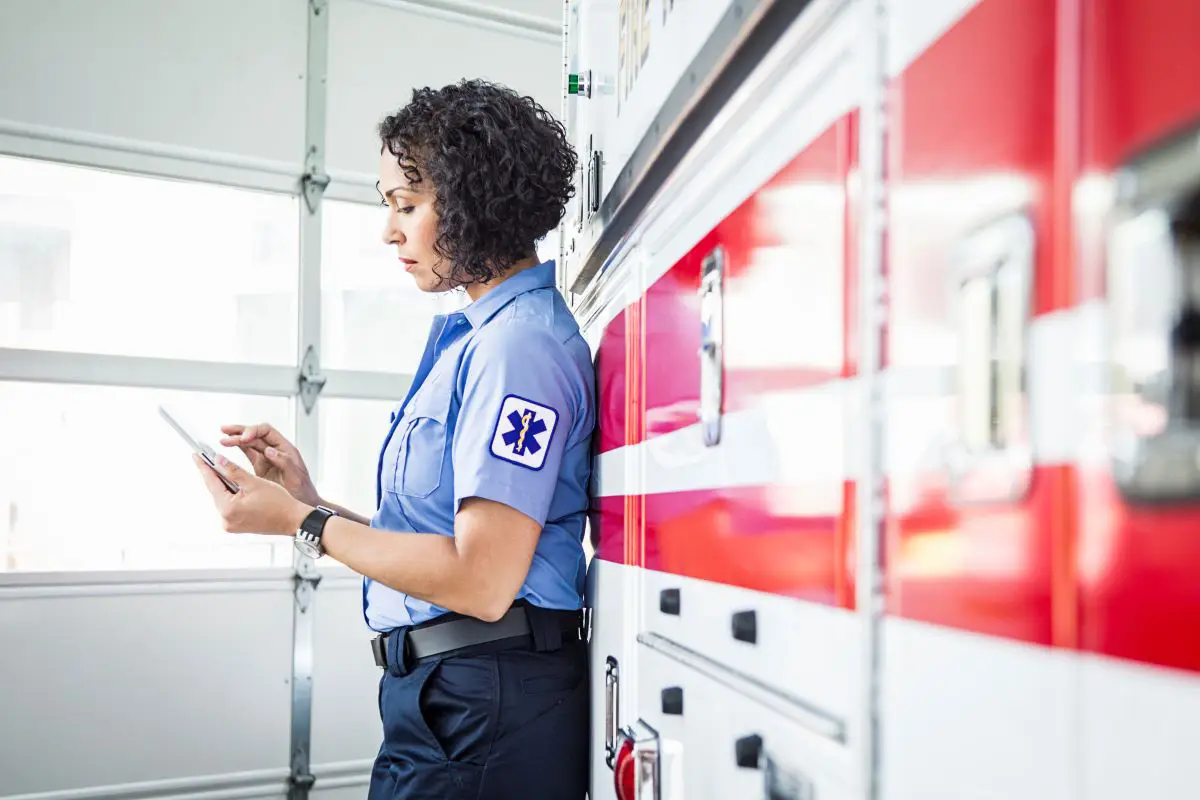
It’s Not Just About the Test: Paramedics Need Better Mental Health Training
The results of a recent study on EMS worker stress reveals the need for more intervention. Fortunately, instructors can leverage these new educational tools. -

New Trends in Critical Care
The field of critical care is changing quickly, and it's important to stay updated. Catch up on the latest trends in critical care and critical care concepts in the industry affecting health care providers and medical professionals alike, all of which are addressed and found in the latest Third Edition of Critical Care Transport. -

Firefighter and EMS Vaccination Education: What You Need to Know
-
Customer Spotlight Q&A: Jason Marquez, EMT-P President and CEO, First Response Training Group Orlando, Florida
Jason Marquez, EMT-P, President and CEO, First Response Training Group Orlando, Florida, talks about his experience using the Emergency Care and Transportation of the Sick and Injured, Twelfth Edition and Nancy Caroline’s Emergency Care in the Streets, Ninth Edition.Full story
-
ECSI Tutorial Series (3): How to Create and Submit a Course Roster
Hey there, ECSI Education Center coordinators and instructors! Do you know how to issue your course completion cards? Let's find out!Full story
-
Fisdap Instructor Tutorial: How do I view which preceptors have completed the training?
To see a list of who's completed the training, go to the orange Reports tab and click on the Accreditation link.Full story
-
Medical Director Discusses the Importance of Evidence-Based Content for EMS Recertification
Evidence-based medicine uses the scientific method to organize and apply current data to improve health care decisions. Despite its ubiquitous usage in health care, it is relatively new to prehospital care. Is it time for a change?Full story